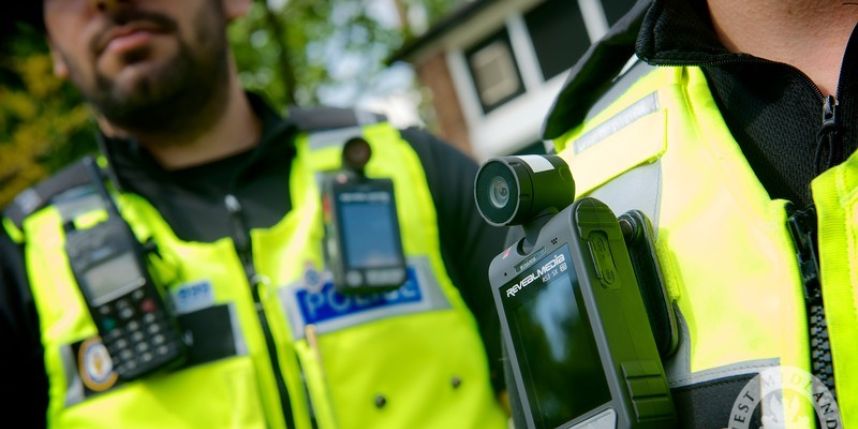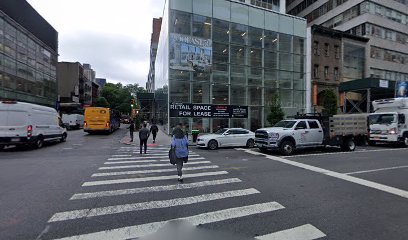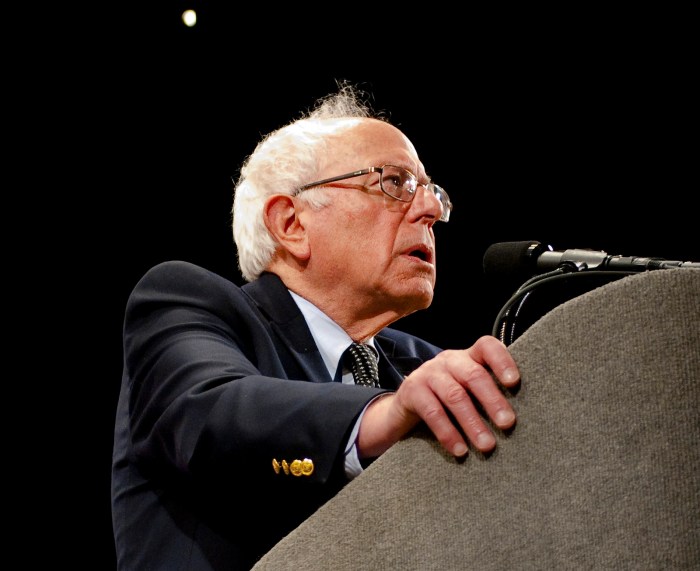A group of 100 Boston Police officers will soon volunteer to take part in a six-month pilot program that would explore the use of body cameras by the department, the mayor’s office announced last week. But in a state notorious for its, at times, Byzantine public records law — state officials recently received an “F” from the Center for Public Integrity — how readily will footage obtained in the experiment be made available to the public? As the nation reels from fatal encounters between police and black men, some videotaped and released online, access to police body camera recordings is seen as crucial by many, who argue it deters misconduct or provides evidence of abuse. Critics, though, point to privacy concerns that could be violated by the cameras’ unblinking eye. Last week, North Carolina Gov. Pat McCrory signed a law explicitly exempting such footage from public record laws in the state. For now, no such law exists in the Bay State, meaning video obtained by body cameras is “presumptively” public information, Kade Crockford, who heads the Technology for Liberty Project at the ACLU of Massachusetts, said. Crockford’s organization, along with the Boston NAACP and the Boston Police Camera Action Team, praised the Boston Police Department for incorporating recommendations it felt balanced civilian protection while improving transparency in police interactions with the public. Those include a requirement officers activate the cameras when engaged in most “potentially adversarial” encounters with the public; privacy protections for those in homes or other sensitive situations with an expectation of privacy; an explicit ban on using the cameras to record civilians based only on their “political or religious beliefs or upon the exercise of the civilians’ First Amendment rights;” and a ban on any kind of biometric capabilities in the camera — including face recognition technology. “We are pretty happy with the privacy protections in the [training program],” Crockford said. “We want to make sure that this is a tool for police monitoring, and not increased surveillance.” But Crockford said the organization still had a “serious concern” about ensuring public access to the footage: the pilot program would allow officers to review body cam footage before providing their own recollections of an incident to investigators. “That’s our number one problem with the policy,” she said. “If there is an incident where a law enforcement official arrests someone and charges them with say, assaulting an officer — that person is going to be interrogated by the police, presumably, about that alleged infraction, and that defendant isn’t going to have the ability to have access to that body-cam footage when they are in custody.” “But, in terms of privacy” in collecting that footage, Crockford added, “we think the Boston Police did a commendable job.”
While the pilot program has no firm start date, it is expected to begin as early as next month, according to the Boston Globe.
After the limited experiment, Police Commissioner William Evans told WGBH he would like to see a broader and more permanent program put into place in the city.
Boston police body camera pilot program raises privacy questions

Flickr/West Midlands Police

















